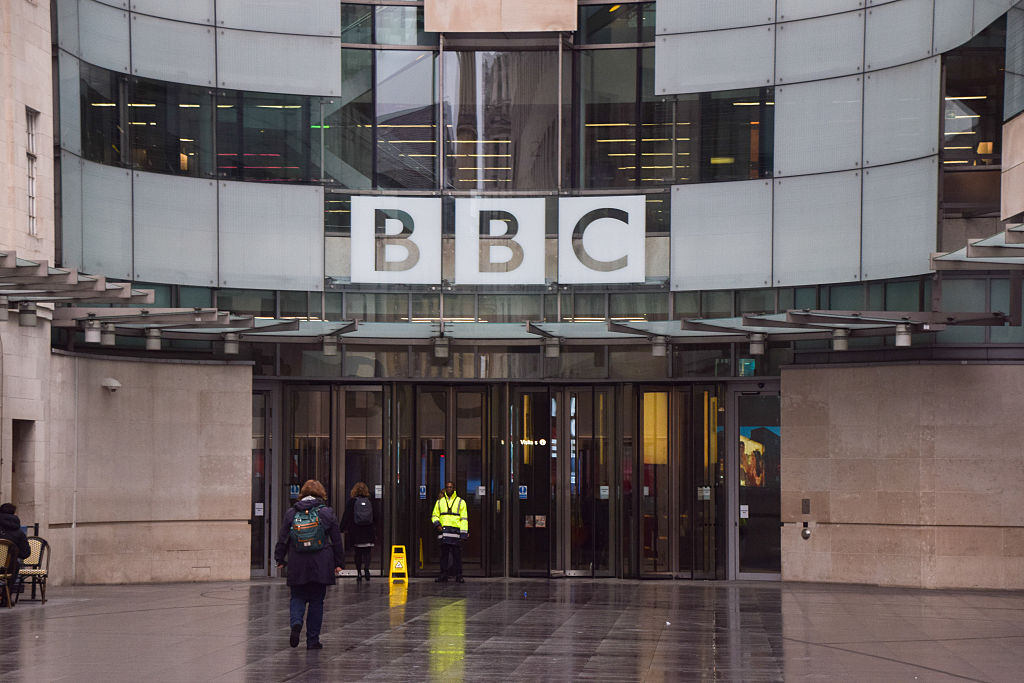There’s more than meets the eye to today’s story of a leaked Home Office report calling for police to be encouraged to file ever more reports of non-crime hate incidents (NCIHs). The word “report,” suggesting work by scrupulously impartial civil servants, seems a strange description of what looks like a pretty blatantly political document, which at one point castigates suggestions of two-tier policing as a “right-wing extremist narrative.” But while that comment has grabbed most of the headlines, we should not ignore the worrying suggestion that police officers could come under pressure to record more NCHIs.
The counter-extremism review suggests there should be a reversal to the Tory government’s move to limit the recording of NCHIs
The counter-extremism review suggests there should be a reversal to the Tory government’s move to limit the recording of NCHIs. Ministers, including the security minister Dan Jarvis, have backed expanding the use of NCHIs for incidents of Islamophobia and anti-Semitism. But while this is being presented as a crackdown against intolerance, we should tread carefully and remember why many are uncomfortable about NCHIs in the first place.
NCHIs involve the formal recording against people’s names, sometimes without their knowledge, of opinions which they have expressed entirely lawfully but which are disapproved of by the establishment. Such records can be seriously harmful: since they might show up in enhanced Disclosure and Barring Service (DBS) checks, they may affect a person’s employment prospects. In short, their existence casts a deep shadow over the freedom of all of us to think and speak our minds. Any extension of them needs to be extensively debated, rather than quietly introduced following a single Home Office document.
Unfortunately, here is the problem. Despite Harry Miller’s individual victory in the Court of Appeal three years ago over the recording of gender-critical tweets, the law doesn’t give that much protection. It is still pretty accommodating about giving the police the right to record large numbers of views as NCHIs. A good many changes in policy about precisely what is recorded can therefore be introduced without legislation: if not by the flick of a bureaucrat’s pen, at least by discussions between the great and the good accompanied by the production of an agreed policy document.
The practicalities of policing also make this exercise in discreet mission creep a good deal easier. Our 45 territorial police forces are nominally independent. But individual chief constables regularly liaise, and for the most part also have fairly active political antennae. If a senior police official knows that the Home Office corporately backs the idea of their force keeping capacious dossiers on individual citizens’ opinions, they can regard their own position as fairly safe if they fall in with the policy, provided they keep within the fairly generous boundaries allowed by the law.
This extends further down, too. When someone complains to the police about what somebody else has said and the police wish to appease them, it is all too easy to institute a policy of recording a NCHI against the speaker if they refuse to pipe down. This record gains not only kudos for the furthering of intelligence-led policing, but the advantage for police of being able to say that something has been done. Constables and station sergeants are, in the end, only human.
This is depressing. But it doesn’t mean that the rest of us should give in. There is a strong case for the Tories and Reform joining forces to demand a debate on this report. They will certainly have a good deal of ammunition. Why was a document supposedly written by impartial officials as overtly political as this? Why is a government supposedly committed to the rule of law not receptive to the idea that the official recording of citizens’ political and social opinions be regulated by statute? Can Jarvis’ and the Home Secretary Yvette Cooper justify fully why we need a rollout of NCHI recording?
There is another issue of free speech buried in the report: a proposal, which interestingly the government has not discountenanced, for a new offence of making any “harmful communication” likely to cause likely to cause “psychological harm.” This seems to be clearly aimed at giving the police power to suppress controversial speech online, perhaps during crises such as the Southport riots, by threatening arrest and prosecution. Is the government prepared formally to reject this?
Labour, in short, is vulnerable on any number of issues over this affair. It’s now up to the opposition to attack on as many of these fronts as possible. It has a golden opportunity to put it, and Cooper, on the spot.







Comments